In the ever-evolving landscape of digital marketing, establishing topical authority has become a critical factor for businesses striving to enhance their online presence.
Topical authority not only improves search engine rankings but also builds trust with your audience, positioning your brand as a thought leader in your industry. This article explores the concept of topical authority, its importance, and strategies to achieve it, specifically tailored for UK businesses.
What is Topical Authority?
Topical authority refers to the degree of expertise and credibility a website or brand holds on a specific subject matter. It is the extent to which a website is recognised as a reliable and knowledgeable source on particular topics. Achieving topical authority involves creating high-quality, comprehensive content that addresses various aspects of a subject, thereby demonstrating in-depth understanding and expertise.
Why Topical Authority Matters
- Improved Search Engine Rankings: Search engines, particularly Google, prioritise content from authoritative sources. Websites with established topical authority are more likely to appear at the top of search engine results pages (SERPs), driving organic traffic.
- Enhanced Credibility and Trust: When your website consistently provides valuable and accurate information, it builds trust with your audience. This credibility translates into customer loyalty and can significantly impact conversion rates.
- Increased Engagement: High-quality content that thoroughly covers a topic encourages users to spend more time on your site, reducing bounce rates and increasing engagement metrics.
- Competitive Advantage: Establishing topical authority differentiates your brand from competitors, making it the go-to source for information on specific topics.
Strategies to Establish Topical Authority
- In-depth Content Creation: Produce comprehensive content that covers all aspects of your chosen topics. This includes long-form articles, guides, and whitepapers that provide detailed insights and practical information.
- Keyword Research and Optimisation: Conduct thorough keyword research to identify relevant terms and phrases associated with your topic. Optimise your content for these keywords to improve visibility and relevance in search engine results.
- Internal Linking: Create a robust internal linking structure that connects related content within your site. This not only improves navigation but also helps search engines understand the breadth and depth of your coverage on a topic.
- Expert Contributions: Collaborate with industry experts to create content. Guest posts, interviews, and expert reviews add credibility and enhance the authority of your site.
- Regular Updates: Keep your content up-to-date by regularly reviewing and updating information. This ensures that your content remains relevant and accurate, further establishing your site as a reliable source.
- Engage with Your Audience: Encourage user interaction through comments, social media engagement, and Q&A sections. Addressing queries and feedback demonstrates your commitment to providing valuable information.
- Backlink Building: Acquire backlinks from reputable websites in your industry. Quality backlinks signal to search engines that your content is trustworthy and authoritative.
Measuring Topical Authority
To evaluate the effectiveness of your efforts, track key metrics such as:
- Organic Traffic: Monitor changes in organic traffic to assess the impact of your content on search engine visibility.
- Engagement Metrics: Analyse metrics like average session duration, pages per session, and bounce rate to gauge user engagement.
- Backlink Profile: Track the number and quality of backlinks pointing to your site.
- Search Engine Rankings: Regularly check your rankings for target keywords to measure your site’s authority on specific topics.
Case Study: Topical Authority in Action
Consider a medium-sized business in the UK specialising in eco-friendly home products. By consistently publishing in-depth articles, guides, and product reviews on sustainable living, the business can establish itself as an authority in the eco-friendly market. Over time, this leads to higher search engine rankings, increased website traffic, and greater customer trust.
Conclusion
Establishing topical authority is a multifaceted process that requires a strategic approach to content creation, optimisation, and audience engagement. For UK businesses, focusing on topical authority can lead to significant improvements in online visibility, credibility, and competitiveness. By implementing the strategies outlined in this article, you can position your brand as a trusted leader in your industry and achieve long-term digital success.











